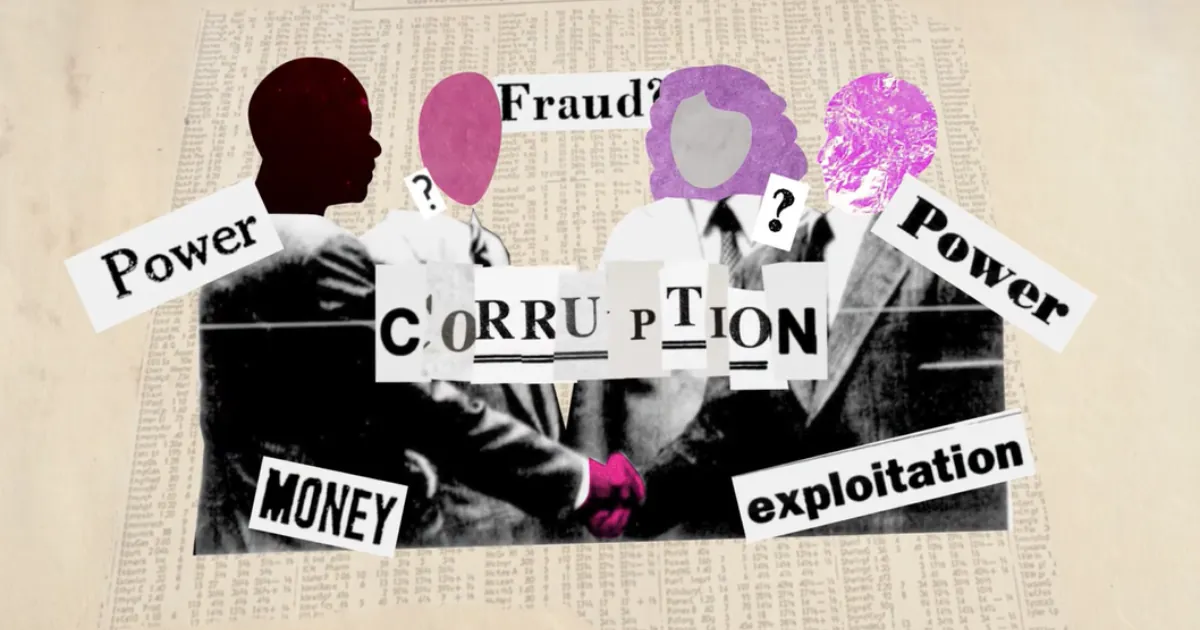This Connecticut City Named “Most Corrupt Town in The State”
In 2018, Bridgeport, Connecticut was dubbed the “Most Corrupt Town in The State” by the New Haven Register. This designation came after a series of high-profile corruption scandals involving city officials.
This comprehensive article delves into the depths of Bridgeport’s corruption, examining the factors that have contributed to this pervasive issue and exploring the challenges and opportunities for reform.
The Roots of Corruption in Bridgeport
Corruption in Bridgeport is not a recent phenomenon; its roots can be traced back to decades of political patronage and a culture of cronyism. The city’s political landscape has long been dominated by a single party, fostering an environment where accountability and transparency were often compromised. This lack of oversight created fertile ground for corrupt practices to take hold.
| Name | Position | Allegations |
|---|---|---|
| Joseph Ganim | Mayor | Accepted bribes and kickbacks for city contracts |
| Armando Perez | Police Chief | Used city funds for personal expenses and took bribes from businesses |
| Other city officials | Various positions | Embezzlement, fraud, and bribery |
The Ganim Era: A Symbol of Corruption
The most emblematic figure in Bridgeport’s corruption saga is Joseph Ganim, who served as mayor from 1991 to 2003. Ganim’s tenure was marred by a string of scandals, including the acceptance of bribes and kickbacks in exchange for city contracts. His conviction and imprisonment in 2003 sent a shockwave through the city, exposing the depths of corruption that had infiltrated Bridgeport’s government.
Beyond Ganim: A Citywide Problem
While Ganim’s case garnered significant attention, he was not an isolated figure. Corruption extended far beyond the mayor’s office, permeating various levels of city government. High-ranking officials, including police chiefs, city council members, and school administrators, were all implicated in various corruption schemes.
The Impact of Corruption
The pervasive corruption in Bridgeport has had a devastating impact on the city. It has eroded public trust in government, hindered economic development, and tarnished the city’s reputation. The constant cycle of scandals has created a sense of cynicism and disillusionment among residents, making it difficult for the city to move forward.
Efforts for Reform
In the wake of the Ganim scandal, Bridgeport has taken steps to address its corruption problem. The city has implemented stricter ethics rules, increased transparency measures, and strengthened oversight mechanisms. These efforts have shown some promise, but the challenge of rooting out corruption remains significant.
The Path Forward: A Multifaceted Approach
Tackling corruption in Bridgeport requires a multifaceted approach that involves not only institutional reforms but also a shift in political culture. The city needs to foster a culture of accountability and transparency, where citizens feel empowered to report wrongdoing and where officials are held to high ethical standards.
Conclusion
Bridgeport’s journey towards a corruption-free government is a long and arduous one. The city has made some progress, but there is still much work to be done. By addressing the underlying factors that contribute to corruption and fostering a culture of integrity, Bridgeport can break free from its label as the “Most Corrupt Town in The State” and build a future of transparency, accountability, and good governance.
Read More:
FAQ’s
Q: Why is Bridgeport, Connecticut known as the “Most Corrupt Town in The State”?
A: Bridgeport has gained this unfortunate designation due to a series of high-profile corruption scandals involving city officials, including former Mayor Joseph Ganim’s conviction on corruption charges.
Q: What are the factors that have contributed to corruption in Bridgeport?
A: A culture of political patronage, a lack of oversight, and a single-party dominance in the city’s political landscape have all played a role in fostering corruption.
Q: What are the impacts of corruption on Bridgeport?
A: Corruption has eroded public trust in government, hindered economic development, and tarnished the city’s reputation.
Q: What efforts have been taken to address corruption in Bridgeport?
A: The city has implemented stricter ethics rules, increased transparency measures, and strengthened oversight mechanisms.
Disclaimer: The information presented in this article is based on publicly available sources and is intended to provide a general overview of corruption in Bridgeport, Connecticut. It is not a comprehensive or definitive account of all corruption-related incidents in the city. While efforts have been made to ensure the accuracy of the information, there may be discrepancies or errors due to the limitations of historical records and the evolving nature of corruption investigations.







